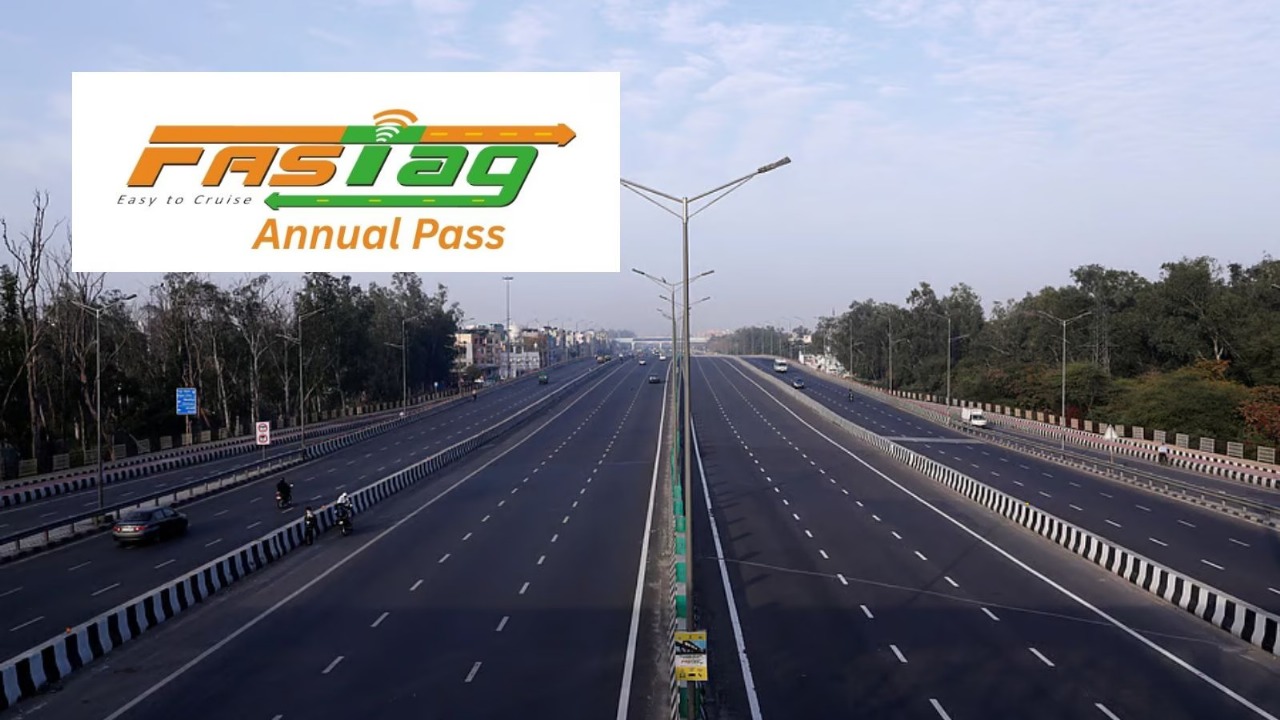The National Highways Authority of India (NHAI) launched the FASTag Annual Pass on August 15, 2025, offering private vehicle owners a one-time prepaid toll pass for unlimited travel on national highways and expressways. While this pass promises convenience and cost savings for frequent commuters, there are important limitations regarding where the pass can be used. Certain expressways, particularly those managed by state governments, do not accept the FASTag Annual Pass, meaning travelers must pay tolls through the regular FASTag system or other means.
Key Takeaways About The FASTag Annual Pass And Its Coverage
The FASTag Annual Pass is a prepaid facility allowing unlimited toll passage for private, non-commercial vehicles on National Highways and National Expressways overseen by the Central Government, valid for one year or up to 200 toll trips.
It is applicable only to private vehicles such as cars, jeeps, and vans registered in the VAHAN database with an active FASTag linked to the vehicle registration number.
The pass costs Rs 3,000 and activation can be done via the Rajmarg Yatra app or the official NHAI or Ministry of Road Transport and Highways (MoRTH) websites.
Expressways Where The FASTag Annual Pass Does Not Work
The annual pass is not valid on several major expressways managed by state governments, especially in Uttar Pradesh. These include the Yamuna Expressway, Purvanchal Expressway, Bundelkhand Expressway, and Agra-Lucknow Expressway.
On these expressways, toll deducts from your regular FASTag account on a pay-per-use basis rather than the annual pass system.
Since the pass covers only central-government-managed highways, toll plazas under local or state jurisdictions, and private toll roads continue to charge tolls separately, not benefiting from the annual pass.
How The Pass Functions And User Eligibility
One annual pass is allowed per eligible vehicle and is non-transferable. Using it on a non-registered vehicle results in immediate deactivation.
The system creates two accounts linked to the same FASTag ID: one for annual pass trips and another for regular toll payments.
A one-way toll plaza crossing counts as one trip, and return trips count as two. For ticketed toll systems, a complete journey from entry to exit counts as one trip.
The pass automatically switches to regular toll deduction once the 200-trip or one-year validity expires, at which point users must renew the pass to continue benefits.
Benefits And Savings For Frequent Highway Commuters
According to transportation authorities, frequent travelers using the FASTag annual pass can save up to Rs 7,000 annually compared to the previous per-trip toll payment model.
The pass reduces delays at toll plazas by streamlining transactions and eliminating repeated top-ups.
It provides cost-effective predictability in toll expenses for private vehicle owners traveling regularly on National Highways and expressways under central management.
Additional Points To Keep In Mind
Commercial and yellow board vehicles such as taxis, buses, and trucks are not eligible for the FASTag annual pass and must continue using the standard FASTag system.
The pass does not cover tolls for parking areas, state highways, municipal toll roads, or private toll roads.
To activate the pass, vehicle owners need their vehicle registration certificate and a linked FASTag not blacklisted or suspended.
The overwhelming response to the annual pass launch has seen over a lakh activations within the first day, underlining strong market acceptance.
The FASTag Annual Pass initiative is a promising step to simplify toll payments for millions of private vehicle owners, cutting costs and wait times. However, awareness about its limitations on certain state-managed expressways is crucial for commuters planning long-distance travel.
Source: NDTV, India TV News, Times of India, Hindustan Times, Jagran Josh, and PIB India.

